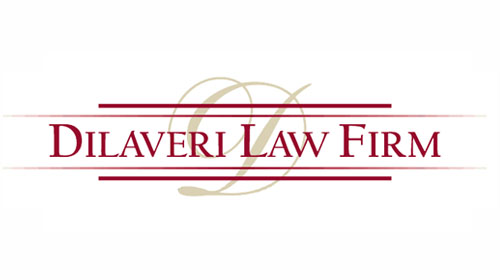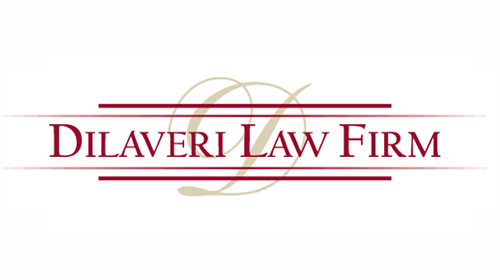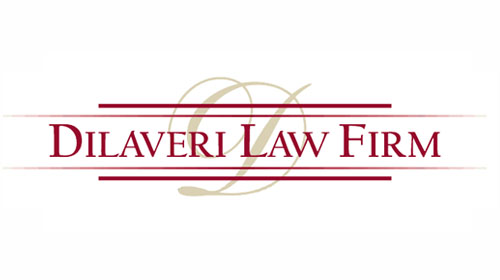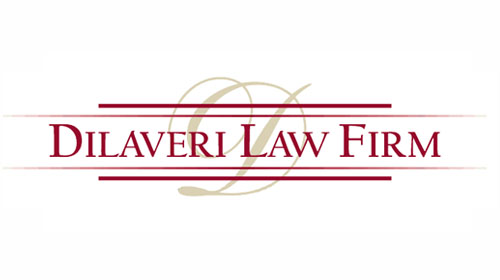Rochester Minnesota
Divorce & Family Attorney
How Can We Help You
Rochester Minnesota Probate Lawyer
Probate Attorney Minnesota
Probate is the legal process for paying a person’s debts and expenses and distributing a person’s property after the person’s death. In a probate matter, the person who has died is called the “decedent” and his or her property is called the “estate.” Usually, a decedent’s debts are paid from the estate and any property remaining is divided among heirs or beneficiaries, according to a Will or according to Minnesota probate law.
When is Probate necessary?
Minnesota probate law applies to people who lived in Minnesota when they died and to residents of other states who owned real estate in Minnesota. Whether a matter is “probated” depends on a number of factors including the type of property and the nature of the ownership of that property. For example, unless real estate (home, cabin, farm) was transferred into a trust or was owned as joint tenancy property with right of survivorship, it usually is subject to the probate process. If you are considering a will, you should contact a Rochester Minnesota Wills and Probate Attorney about the ownership of any real estate and whether there are advantages to certain types of ownership.
For personal property, an estate must be probated if the personal property is valued at more than $20,000. If the decedent’s estate is worth less than $20,000, the decedent’s legal heirs may be able to collect the property by affidavit, which does not require probate court involvement. Collection by affidavit allows for a small estate to keep the costs of administering the estate low.
What property does not need to be probated?
Non-probate assets include property owned as joint tenants, jointly-held bank accounts, payable-on-death accounts, life insurance proceeds to a specific beneficiary, and pension benefits with a specific beneficiary. The law also provides for transferring a motor vehicle without involving probate.
Transferring joint assets does not necessarily occur automatically upon a person’s death. For example, to transfer real estate to the surviving owner, an affidavit of survivorship must be filed with the county recorder where the property is located. Other jointly-held assets require specific forms and usually require a certified copy of the death certificate. A Rochester Wills and Trusts Law Firm can advise you about how best to handle transfer of property at death.
What does probating an estate involve?
A personal representative is an individual or entity who is responsible for administering or “probating” the decedent’s estate. Usually, if a person dies with a Will, the decedent has named a personal representative in the Will. If there is no Will, or if the Will did not name a personal representative, the Court will appoint a personal representative from those who are nominated to serve as a personal representative.
A person, usually the person who will be the representative, initiates the probate process by filing legal documents with the probate court in the county where the decedent lived at the time of death. Once appointed by the court, a personal representative must take an inventory of all the property in the estate and report that inventory to the Court and to potential heirs or beneficiaries. Probate ends when all debts and taxes are paid and all assets are distributed to the people and organizations entitled to them.
Probate can be a formal or informal process. It can be supervised by the court or could proceed in an unsupervised process. Though there are legal exceptions, a probate matter must be filed within three years after the death of the decedent.
Which type of probate process is appropriate?
The following are some of the factors to consider when deciding the type of probate procedure to use:
- Size of the estate
- Nature of the assets
- Complexity of issues in the estate
- Disputes among heirs, beneficiaries or creditors
- Real estate to be distributed
- Beneficiaries who are under 18 years old
- Estate insolvency
- Out-of-state personal representative
How will the estate be distributed to heirs?
If a valid Will exists, the personal representative should distribute estate property according to the terms of the Will. If there is no valid Will, then the property will be distributed according to specific Minnesota laws about inheritance.
How much will it cost to probate an estate?
The cost of probate depends on the specifics of the situation involved. Generally, the expenses of settling an estate include the cost of a funeral, cremation or other ceremony, copies of the death certificate, attorney fees, court fees, accounting services, real estate transfer fees, notice to creditors and heirs, and personal representative fees. All of these expenses are paid from the assets of the estate before anything is distributed to the heirs.
What does a Will do and how long is it valid for?
A Will is your way of saying who – family, friends, and organizations – gets your estate when you die. In your Will, you can leave particular things – furniture, jewelry, cars, bank accounts, business or real estate – to specific people. In your Will, you can also name a guardian for your minor children and a trustee to manage their money. You can also choose a personal representative to be in charge of settling your affairs. This person gathers your property, pays your debts and any taxes due, and delivers the balance of your estate to the people you have chosen.
A Will remains effective until it is changed or revoked. A Will should be reviewed periodically. If your Will is not up-to-date when you die, important people in your life may not be provided for. Think about changing your Will during significant events in your life such as:
- Marriage or divorce
- Birth or death in the family
- Change in the value or kind of property you own
- Your guardian or personal representative moves away or dies
- You move to another state
These changes in your circumstances require a careful analysis and reconsideration of the provisions of your Will.
Does having a Will help avoid probate?
Not necessarily. Probate is the process of determining the validity of the Will. If property needs to be administered or taxes paid, the existence of the Will does not avoid probate or increase probate expenses. When an owner of property dies, the probate court must decide that the Will is valid or determine who receives the property is there is no valid Will.
Request a Free Consultation
If you have additional questions about Probate in Minnesota, please contact the Dilaveri Law Firm today. We always offer free initial consultations to our clients. Call 507.206.6020 or complete our free case evaluation form.













